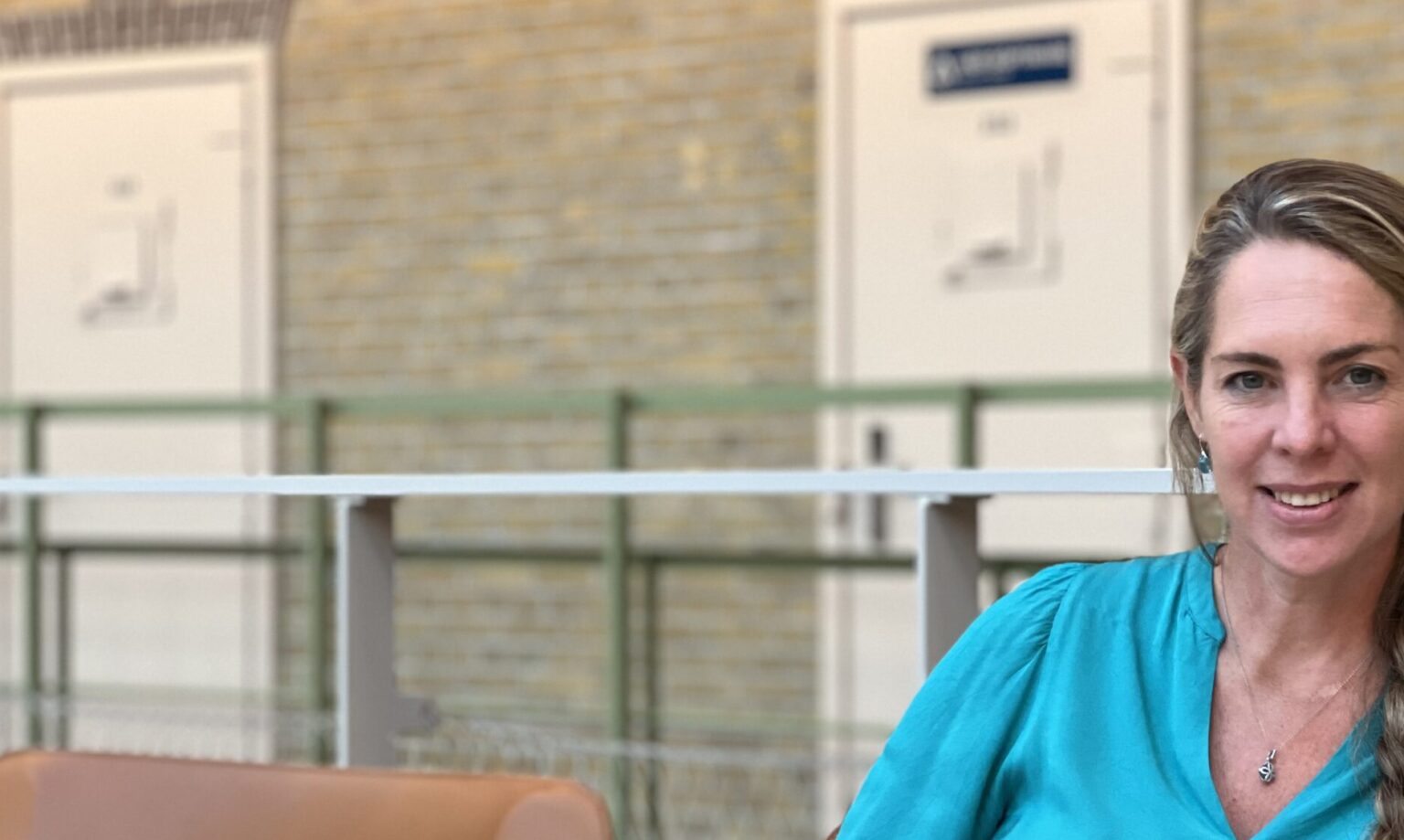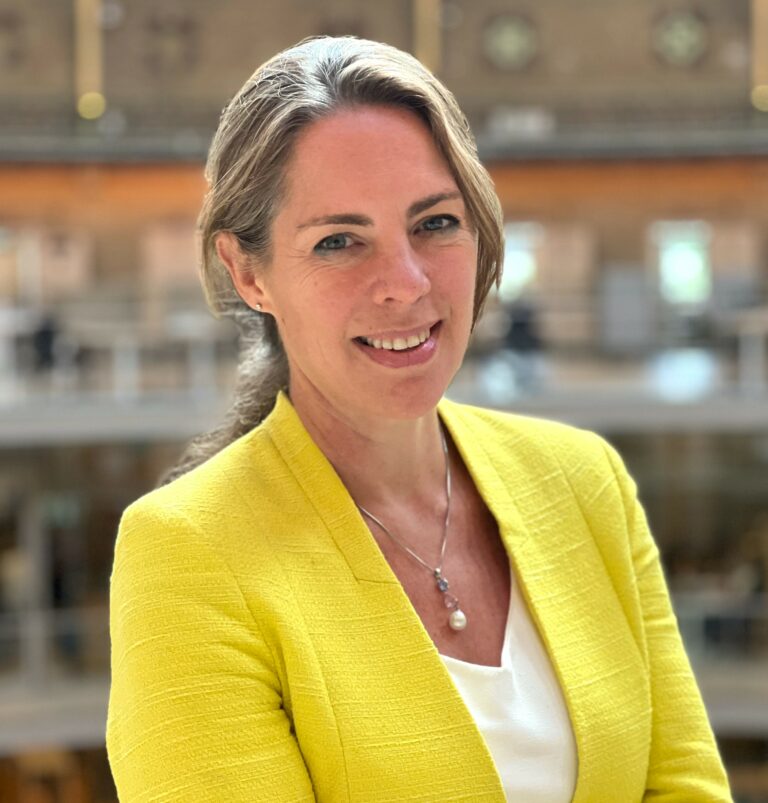Birgitta recalls her early days in 1998, when the concepts of sustainability and the circular economy were still in their infancy: “Back then, we really had to convince people of the importance of an ecological approach. Our question was simple but fundamental: how can we design our economic models in such a way that we do not deplete resources, but rather preserve and reuse their value?” The key turned out to be the ‘economization of ecology’: assigning economic value to natural resources and creating business models that are no longer linear, but circular. “We give value to resources,” Birgitta explains, “and ensure that this value is preserved.”
Reorganization of construction
The Dutch construction sector is facing complex challenges that require a major reorganisation of traditional work processes. Birgitta: “Where the sector has worked for years with a linear model of producing, using and throwing away, the current challenges force a fundamental transition. Think of the acute shortage of housing and strict nitrogen standards that make traditional construction methods virtually impossible.” It means a need for innovative circular solutions.
Construction as a model sector
The circular economy offers the construction sector a way out and an opportunity to look at raw materials, energy and spatial development in a fundamentally different way. Birgitta: “Solutions such as tiny houses, circular container homes and renovation projects with reused materials are increasingly seen as serious alternatives to traditional construction methods. This goes beyond environmental awareness; the circular economy is a fully-fledged economic model that sees raw materials as reusable assets instead of as single-use products. Construction can no longer be satisfied with 'business as usual'. The sector must transform from a polluter to an innovative, sustainable industry that actively contributes to climate solutions. Only through circular processes and with natural materials can we still compete with demand. That is why I see great opportunities for circular innovation in the construction sector in particular. Because with the major challenges surrounding housing shortages and strict nitrogen standards, circularity is often the only way forward.”
Support for circular entrepreneurs
ROM InWest supports circular entrepreneurs in several ways:
- 1-on-1 Coaching: Data-driven coaching that helps entrepreneurs strengthen their innovative models;
- Acceleration programs: Space for entrepreneurs to meet each other, share knowledge and jointly develop new ideas;
- Financing: Risk capital that runs longer and provides more scope for circular business models.
Also check out our Accelerator Program Future-Resilient Construction.


